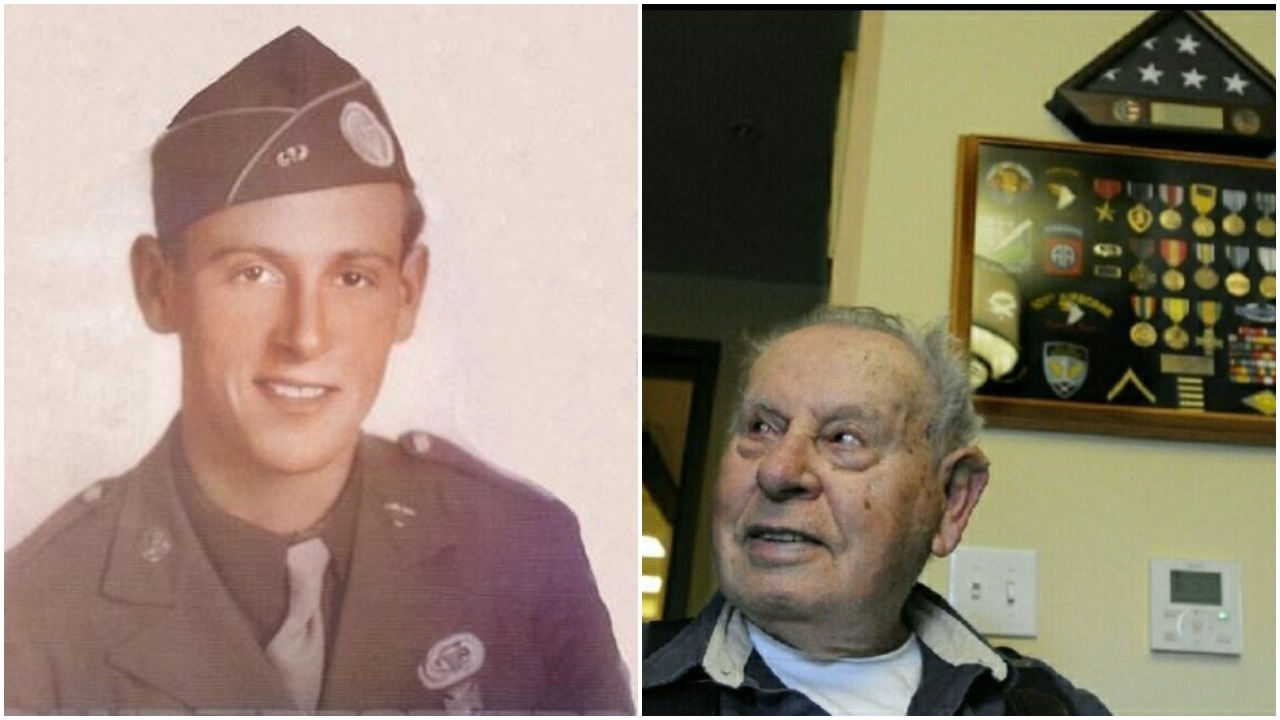On 1st October 2020, the world lost another veteran of World War II, when Bill Wingett died peacefully at the Edward C. Allworth Veterans’ Home in Lebanon, Oregon.
Those staff members who could, along with the Veterans’ Home residents, lined the walkways as Bill left for the last time on a flag-draped gurney. At the end of the walkway, the flag was folded and presented to Bill’s family. This walk of honor is a long-standing tradition at the home.
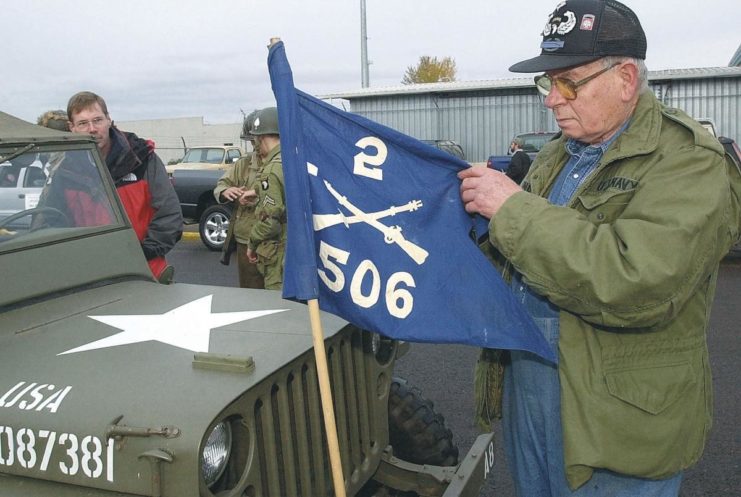
Gregory Wingett, Bill’s nephew, said that his uncle “slipped into heaven, very comfortably, from old age.” He went on to say that other residents told him that they had never seen so many people turn out for similar processions.
Bill was one of the last members of the “Band of Brothers” and was a machine gunner with Easy Company, 506th Parachute Infantry Regiment of the 101st Airborne, during World War II.
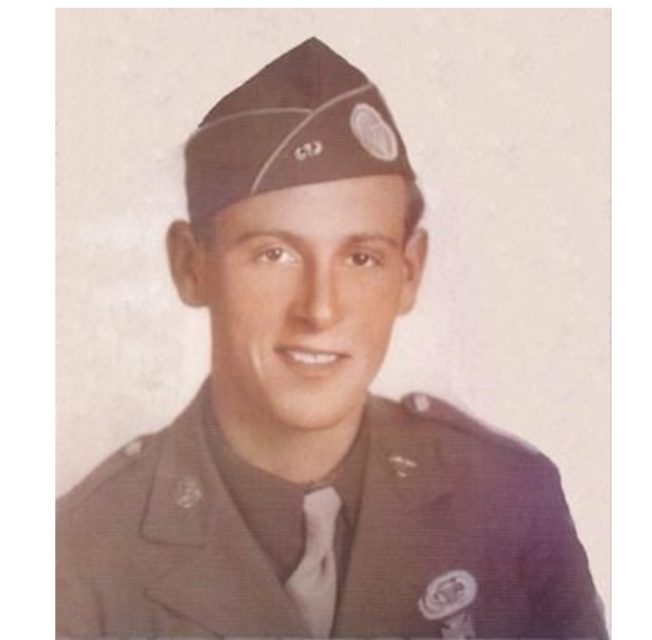
The name “Band of Brothers” comes from the book written by Stephen Ambrose and the television mini-series of the same name, directed by Tom Hanks and Tony To. The book and mini-series are an accurate account of the Easy Company, a paratrooper company, during the final year of World War II in Europe.
Bill was interviewed by the Statesman Journal on the occasion of the 75th Anniversary of the D-Day Landings, and he insisted that he was not anymore a hero than any of the other men that wore a uniform during this global conflict.
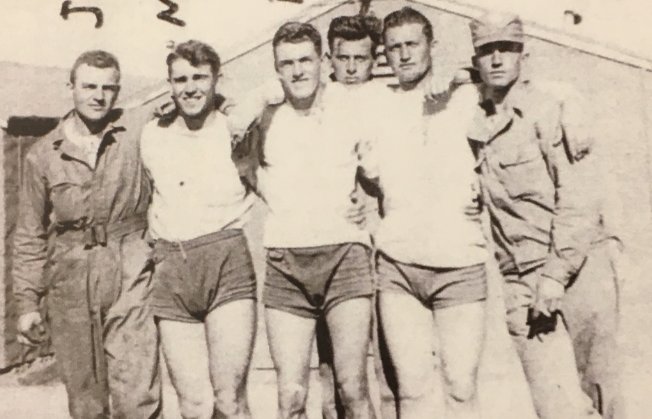
Bill was a modest man, but he was wounded three times and was awarded a Bronze Star for bravery. The 20 medals that he had been awarded were displayed on the wall in his room. They included the Purple Heart with two oak leaf clusters, for the three times he was wounded, as well as his Bronze Star.
The 506th Parachute Infantry regiment took part in some of the war’s most brutal and bloody battles. Their fame started as they parachuted into France on the 6th June 1944, at the D-Day Landings’ commencement, and cleared the beaches for the incoming ships and landing craft.
After Normandy, Easy company went on to fight in the European theatre of the war. The battles they too pat in included the Battle of the Bulge, Operation Market Garden, and the Battle of Bastogne.

In Bill’s laconic manner, he described his jump into France in the following way, “We got in an airplane in England, we jumped out of the damn thing in France, and the fight began. There’s not much more to say about that.”
His nephew said that Bill never tried to glorify the war in any of the interviews he gave. His answers were straightforward and thoughtful.
When peace was declared, Bill Wingett re-enlisted with the 82nd Airborne, serving until 1948. During this time, he served with his younger brother. Some time later, he became a member of the Naval Reserve. He served with them for 17 years and retired with the rank of petty officer first class.
Late in 1961, Bill and his wife Peggy, and their family, moved to Salem, where he started working at a paper mill. He then opened his own woodworking factory, which he ran until the 1990s. Peggy died in 2010.
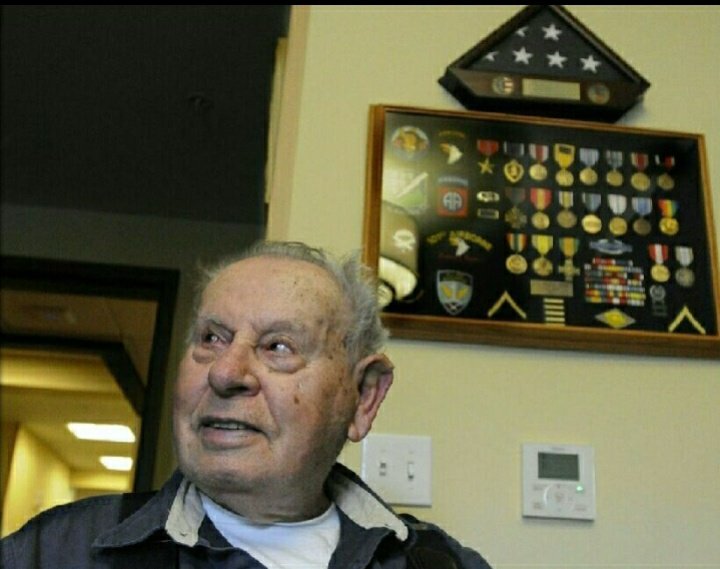
In 2011, Bill donated his guidon from the 506th Parachute Infantry Regiment to the Don F. Pratt Memorial Museum. This museum in Fort Campbell, Kentucky, is at the home of the 101st Airborne Division.
A guidon is a flag that is carried by any military unit as their standard. With the fame attached to the 506th, these flags are highly sought after by collectors, and Bill was offered $7,000 for his flag, but he chose to give it to the museum instead.
Another One From Us: Documentary Claims a Sub May Have Caused the Sinking of the Ferry MS Estonia
Details of the memorial service for Bill will be advertised in due course.
